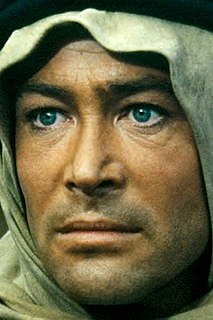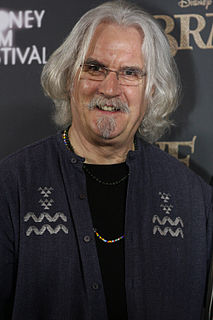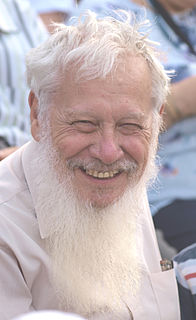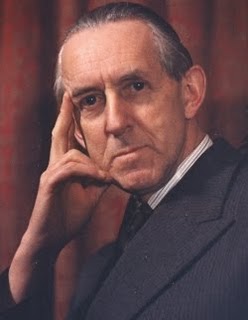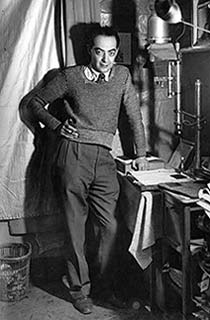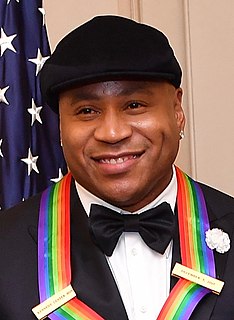A Quote by Peter O'Toole
If man ever comes to perfect equilibrium with the environment, we'll all be redundant, perhaps because you won't need art or letters.
Related Quotes
?Using his burgeoning intelligence, this most successful of all mammals has exploited the environment to produce food for an ever increasing population. Instead of controlling the environment for the benefit of the population, perhaps it's time we controlled the population to allow the survival of the environment.
The environment forces you to be utterly dependent between "action" and "cut" because the environment is perfect on your fellow actor. So as an acting exercise, it's absolutely thrilling that the focus that we had to bring to each other echoed in life, echoed in art. And when you get that parallel, it's really thrilling and it's full of surprises, but it all has a logic.
The Wise Man believes profoundly in silence - the sign of a perfect equilibrium. Silence is the absolute poise or balance of body, mind and spirit. The man who preserves his selfhood ever calm and unshaken by the storms of existence - not a leaf, as it were, astire on the tree, not a ripple upon the surface of the shinning pool-his, in the mind of the unlettered sage, is the ideal attitude and conduct of life. Silence is the cornerstone of character.
I realized how valuable the art and practice of writing letters are, and how important it is to remind people of what a treasure letters--handwritten letters--can be. In our throwaway era of quick phone calls, faxes, and email, it's all to easy never to find the time to write letters. That's a great pity--for historians and the rest of us.
A well-known magazine asks a man how they should refer to him, as Psychologist X, as Author X? He suggests man of letters, for that is what he is, in the eighteenth-century meaning. But they can't buy that because the word doesn't exist in Time-style; he cannot be that, and presumably the old function of letters cannot exist.
Doubtless, we are as slow to conceive of Paradise as of Heaven, of a perfect natural as of a perfect spiritual world. We see how past ages have loitered and erred. "Is perhaps our generation free from irrationality and error? Have we perhaps reached now the summit of human wisdom, and need no more to look out for mental or physical improvement?" Undoubtedly, we are never so visionary as to be prepared for what the next hour may bring forth.
